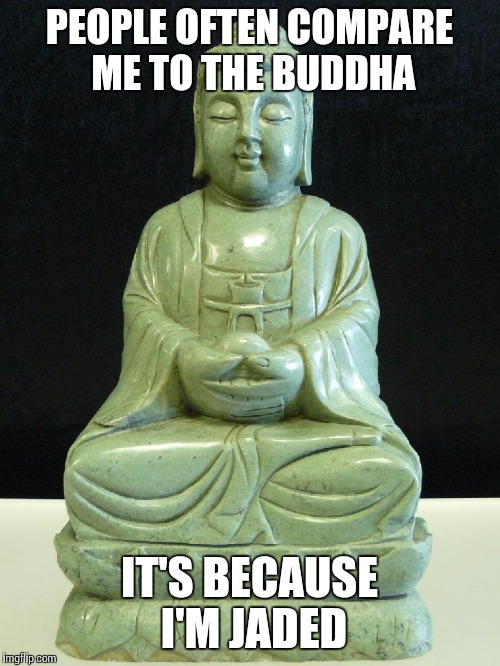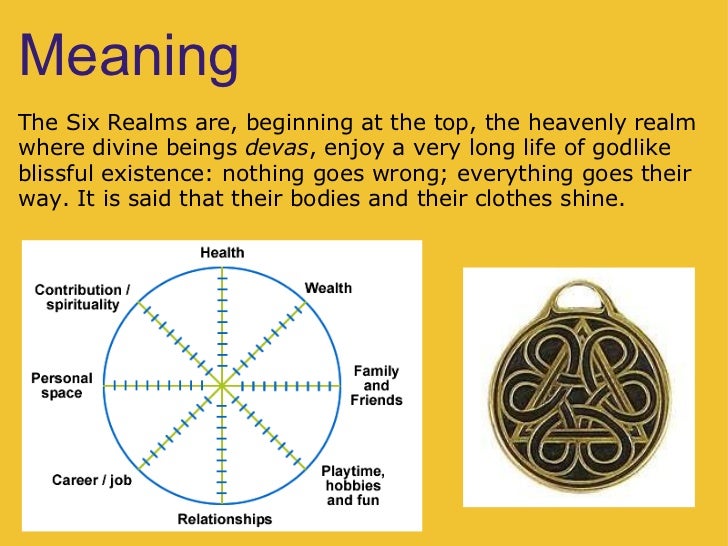The word Bible derives from a Greek word for books in plural. The scriptures never refer to each other as one book, but they refer to books of different authors. Sometimes they refer to books that (by the will of God) don't survive. Two or more witnesses testifying to a matter gives more credibility - ''On the mouth of two witnesses or three shall every saying be established''.
The protestant Bible is a collection of 66 books - 39 called Old Testament and 27 called New Testament. However, the Jews count and order the 39 differently as 24 books called TaNaKh. In antiquity these 24 were counted as 22 by merging 2 more books (according to the numbers of the letters of the alphabet). For example, the martyr Stephen refers to the book (or scroll) of the prophets in Acts 7:42 which clearly doesn't mean a book of Amos in the synagogue, but a book of the Twelve.
Also in antiquity there existed a debate about the inspiration of certain books in Hebrew such as Ecclesiastes, Esther and Sirach (the last was rejected) and Greek such as Hebrews, Revelation and the Shepherd (the last was rejected). The Roman Catholics include 7 more books in the OT and some churches in the east include 10 or even more, the Ethiopian church, which is very ancient, contains even more OT and NT apocrypha up to 81 books in total, some of which survive only in translation.
The 49 canonical books can be divided into eight parts - Torah, History, Wisdom, Prophets, Gospels, Acts, Epistles and Revelation
Genesis, Exodus, Leviticus, Numbers, Deuteronomy
Joshua, Judges (including Ruth), Samuel, Kings, Chronicles, Ezra, Esther
Job, Psalms, Proverbs, Ecclesiastes, Song of Songs
Isaiah, Jeremiah (including Lamentations), Ezekiel, Daniel, The Twelve
Matthew, Mark, Luke, John
Acts
Romans, 1 Corinthians, 2 Corinthians, Galatians, Ephesians, Philippians, Colossians, 1 Thessalonians, 2 Thessalonians, 1 Timothy, 2 Timothy, Titus, Philemon, Hebrews, James, 1 Peter, 2 Peter, 1 John, 2 John, 3 John, Jude
Revelation









